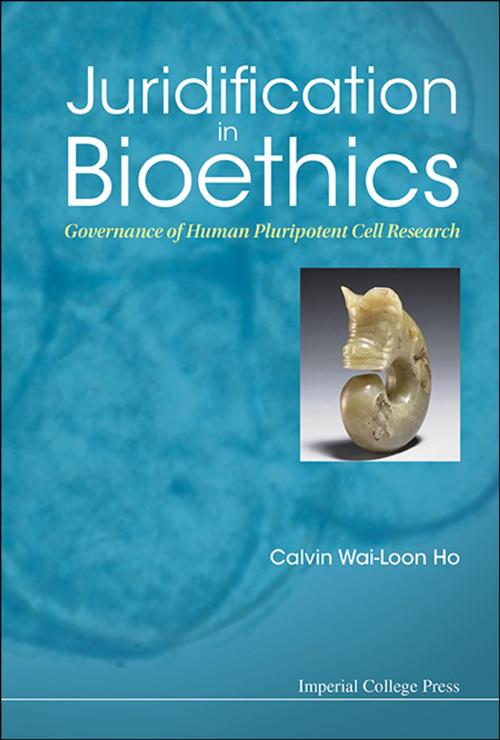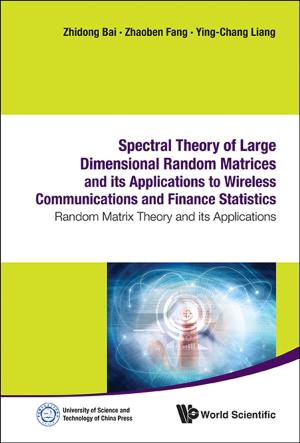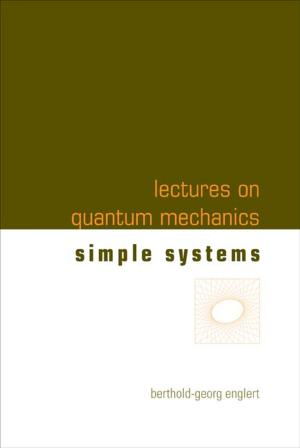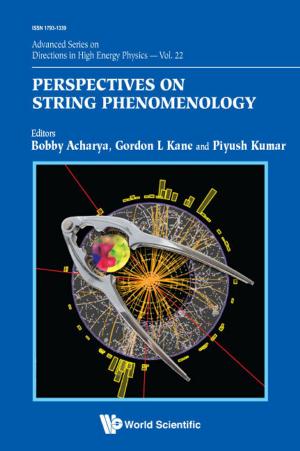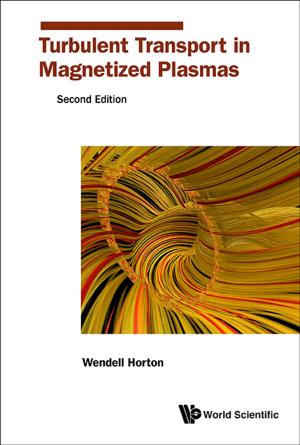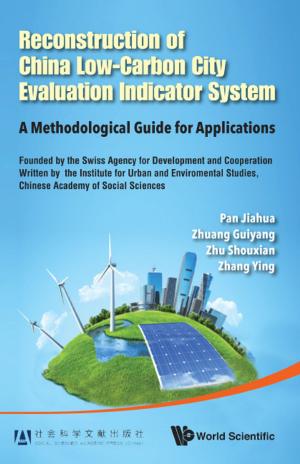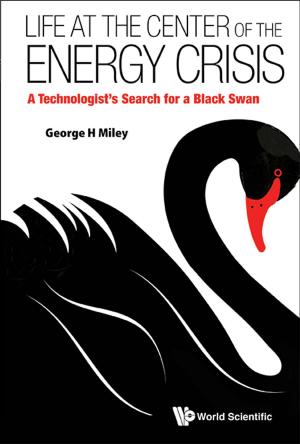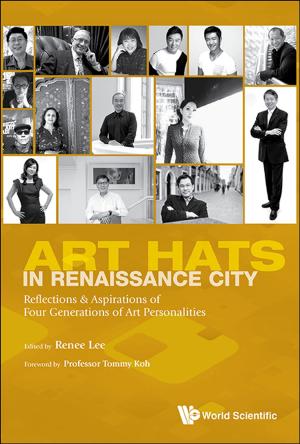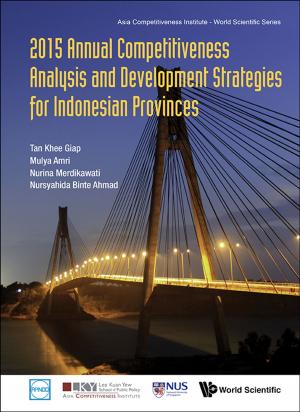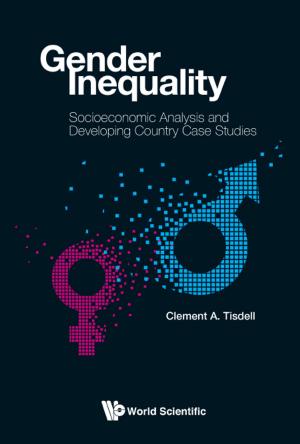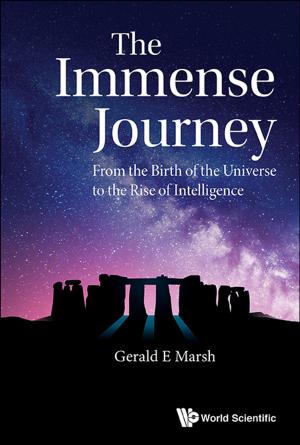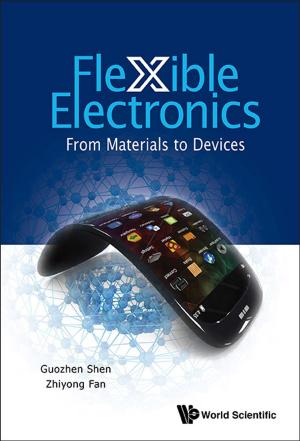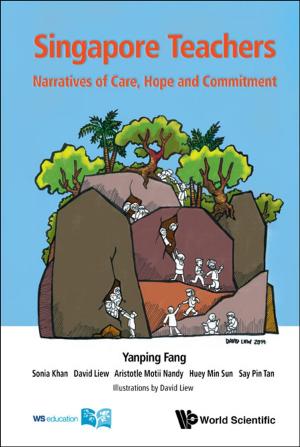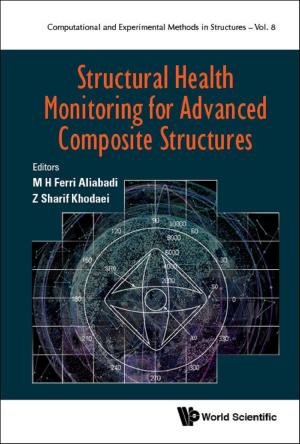Juridification in Bioethics
Governance of Human Pluripotent Cell Research
Nonfiction, Reference & Language, Law, Medical Law & Legislation, Health & Well Being, Medical, Reference, Ethics| Author: | Calvin Wai-Loon Ho | ISBN: | 9781911299646 |
| Publisher: | World Scientific Publishing Company | Publication: | July 28, 2016 |
| Imprint: | ICP | Language: | English |
| Author: | Calvin Wai-Loon Ho |
| ISBN: | 9781911299646 |
| Publisher: | World Scientific Publishing Company |
| Publication: | July 28, 2016 |
| Imprint: | ICP |
| Language: | English |
What is 'legal' about bioethics? What are the ideas and artefacts that bioethics encompasses, and how are they related to law? What is the role of law in bioethics? In this work, Calvin Ho attempts to address these questions in the context of the governance of human pluripotent stem cell research. In essence, he argues that the hybridization of law, through processes, devices and techniques of juridification, has helped to constitute bioethics as a public sphere and an emergent civic epistemology.
Drawing on his multi-sited ethnographic fieldwork and on Actor-Network-Theory, Ho explains how the law has, through bioethics, contributed to the scientific and public understanding of human pluripotent stem cell research and its artefacts, particularly the embryo and human-animal combinations. Although the focus of his work is on bioethical developments in Singapore over a period of more than 15 years, parallel developments in key jurisdictions (especially the United States of America and the United Kingdom) and in international science policy are also evaluated. It is through appreciating how it has progressed that bioethics will be better able to engage with future challenges presented by advances in human embryo research and gene editing techniques, among others.
Contents:
- Foreword
- Juridification in Bioethics
- Regulating Human Pluripotent Stem Cell Research
- Comparison as Bioethical Practice
- Scripting Bioethics from the Bottom Up
- Chimeras and Hybrids as Regulatory Placeholders
- Risks in Bioethics
- An Emergent Civic Epistemology
- Methodology: Ethnography and Actor-Network-Theory
Readership: Undergraduate and graduate students and researchers in bioethics, public policy, law, science & technology studies, biomedical science research policy.
What is 'legal' about bioethics? What are the ideas and artefacts that bioethics encompasses, and how are they related to law? What is the role of law in bioethics? In this work, Calvin Ho attempts to address these questions in the context of the governance of human pluripotent stem cell research. In essence, he argues that the hybridization of law, through processes, devices and techniques of juridification, has helped to constitute bioethics as a public sphere and an emergent civic epistemology.
Drawing on his multi-sited ethnographic fieldwork and on Actor-Network-Theory, Ho explains how the law has, through bioethics, contributed to the scientific and public understanding of human pluripotent stem cell research and its artefacts, particularly the embryo and human-animal combinations. Although the focus of his work is on bioethical developments in Singapore over a period of more than 15 years, parallel developments in key jurisdictions (especially the United States of America and the United Kingdom) and in international science policy are also evaluated. It is through appreciating how it has progressed that bioethics will be better able to engage with future challenges presented by advances in human embryo research and gene editing techniques, among others.
Contents:
- Foreword
- Juridification in Bioethics
- Regulating Human Pluripotent Stem Cell Research
- Comparison as Bioethical Practice
- Scripting Bioethics from the Bottom Up
- Chimeras and Hybrids as Regulatory Placeholders
- Risks in Bioethics
- An Emergent Civic Epistemology
- Methodology: Ethnography and Actor-Network-Theory
Readership: Undergraduate and graduate students and researchers in bioethics, public policy, law, science & technology studies, biomedical science research policy.
